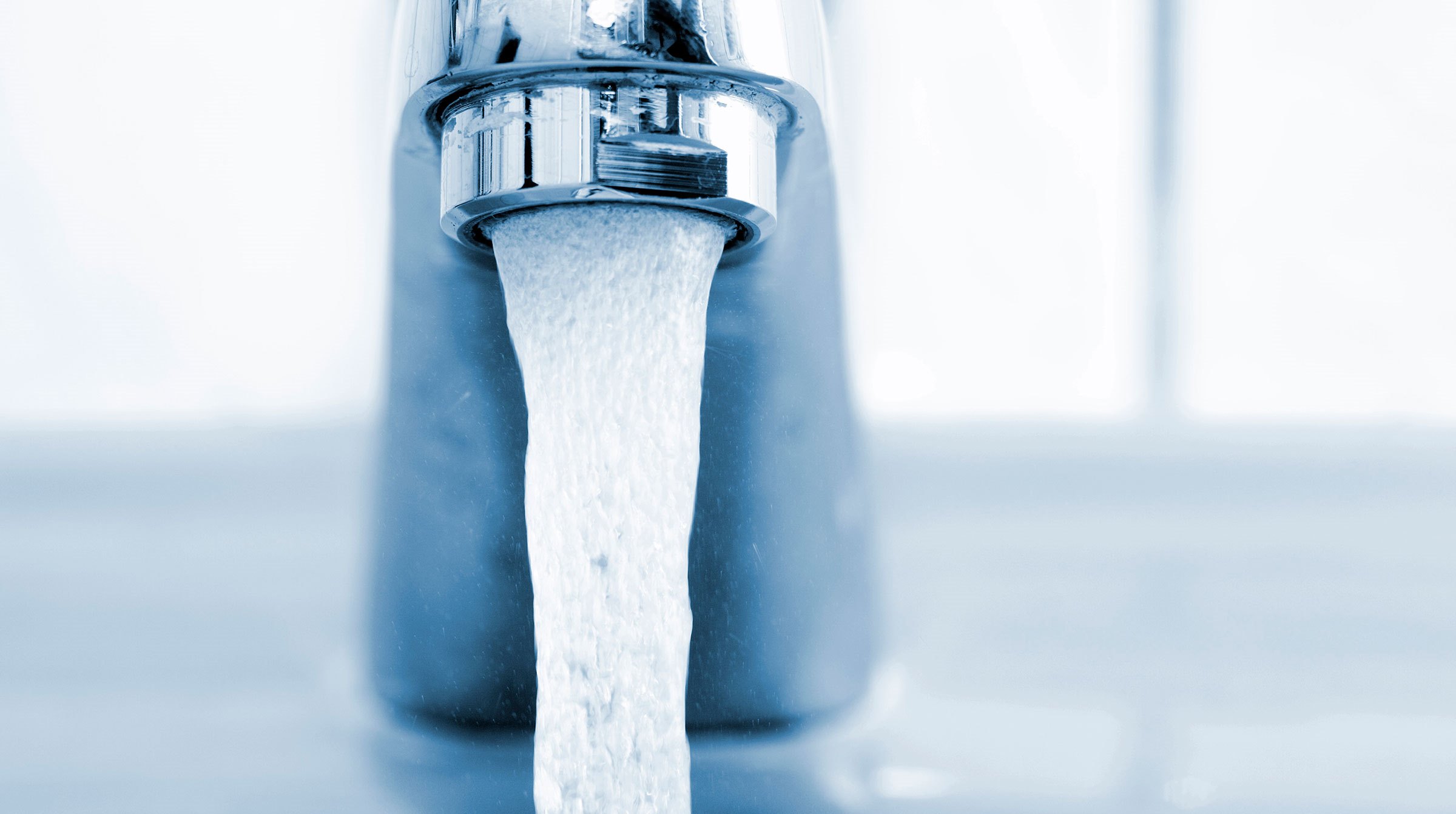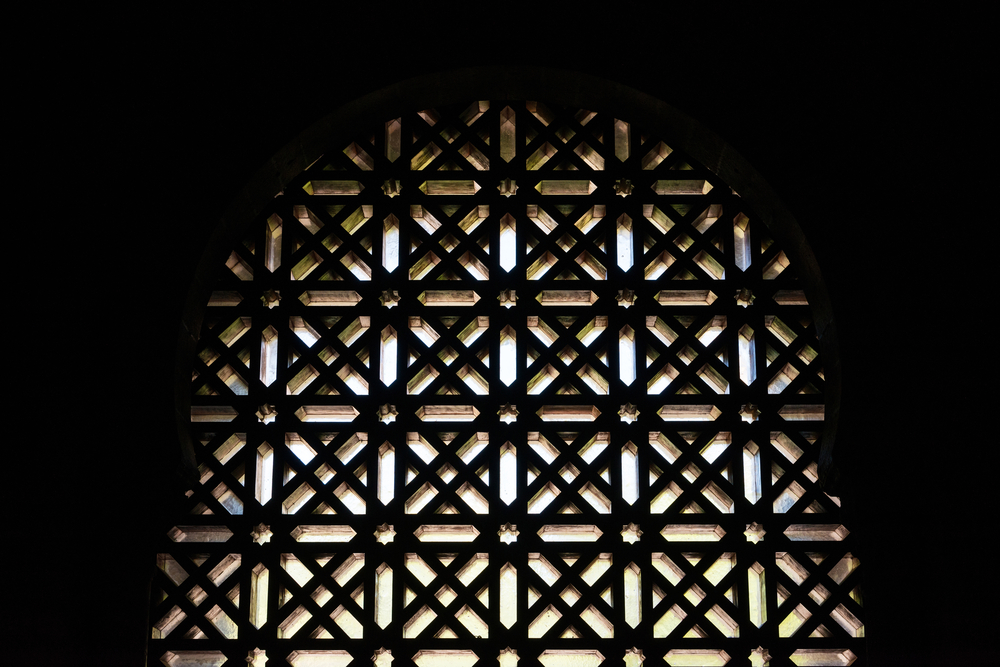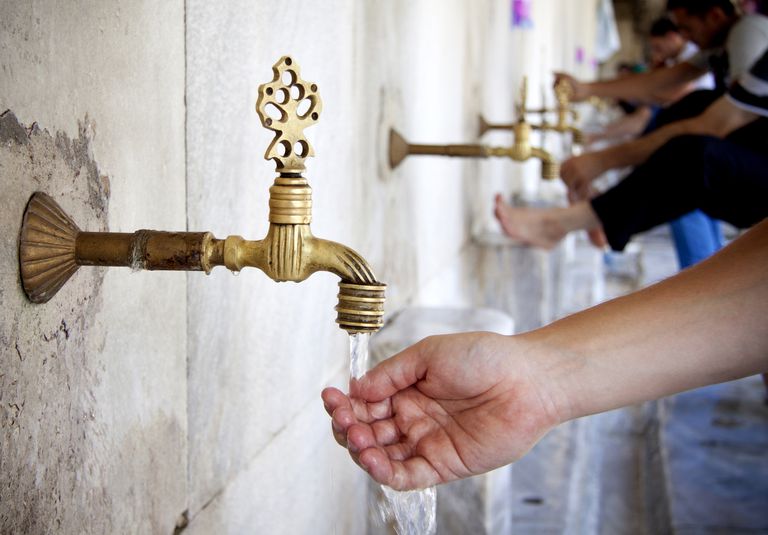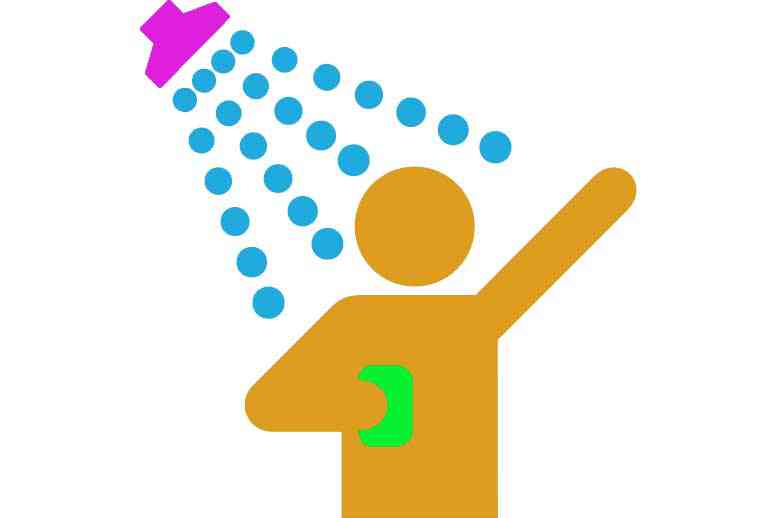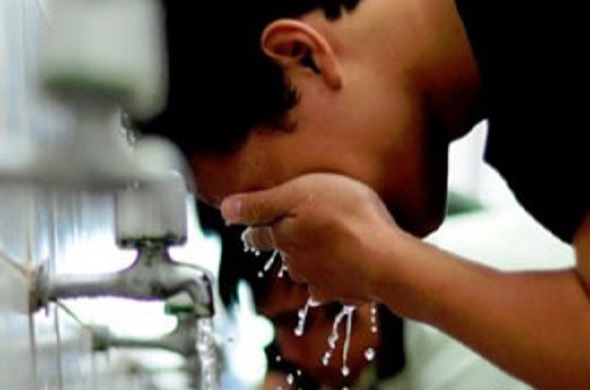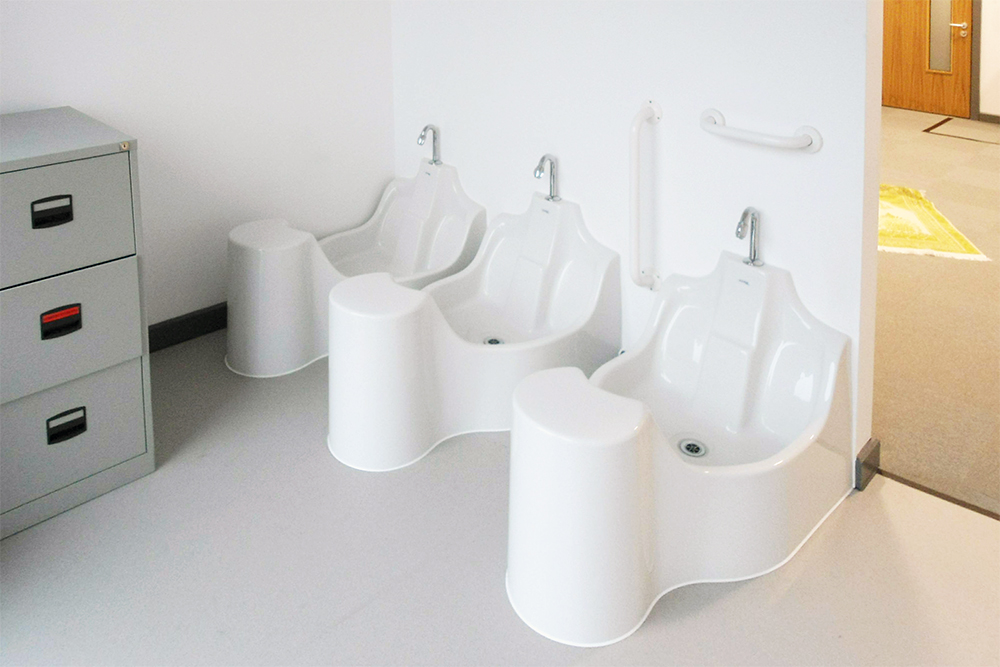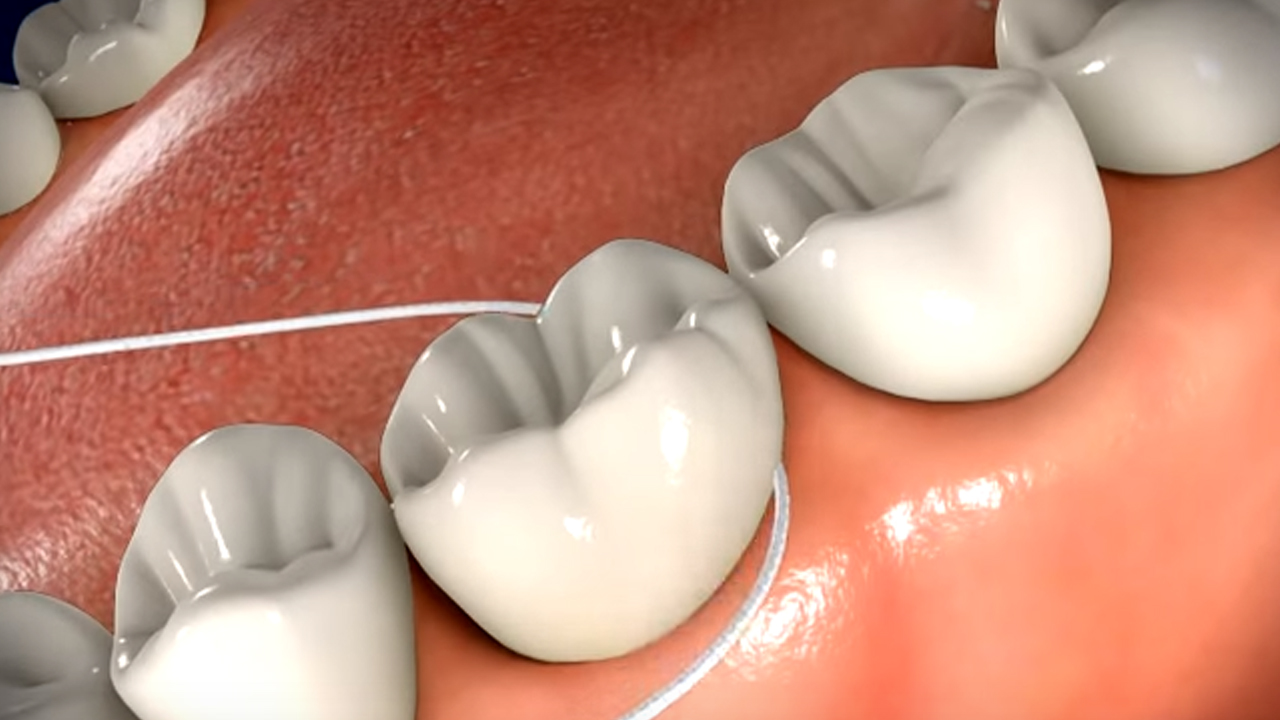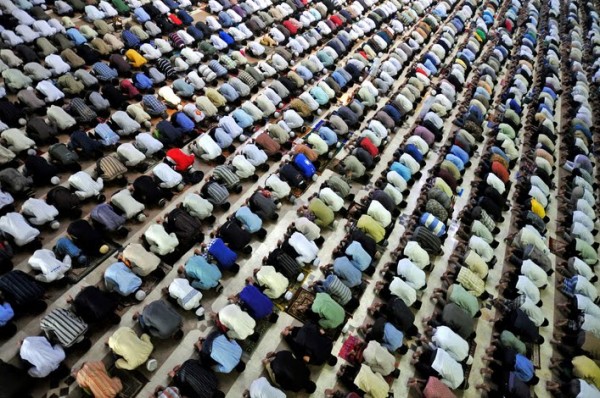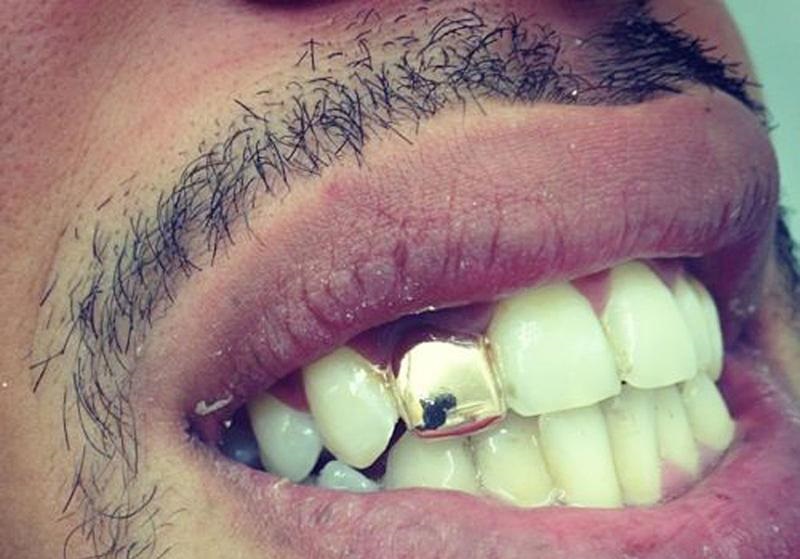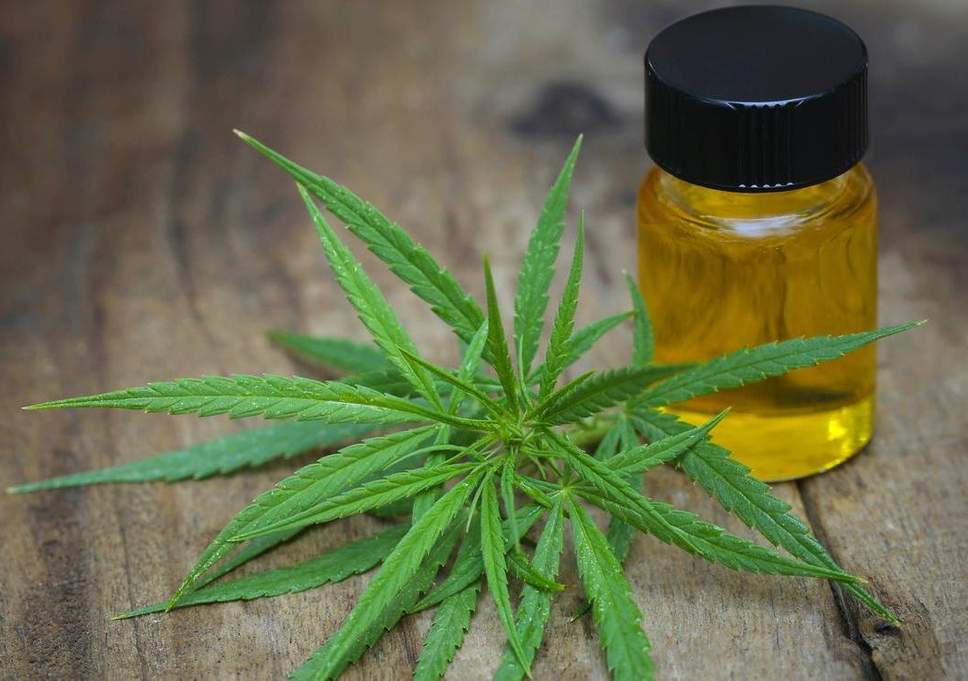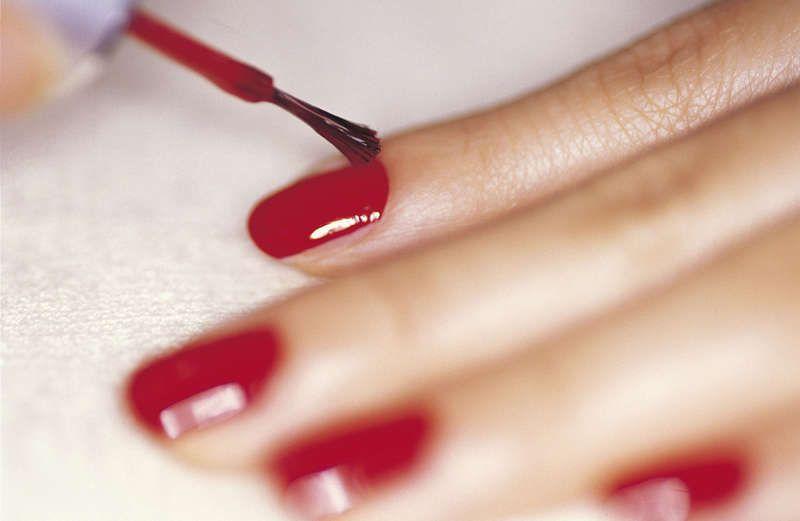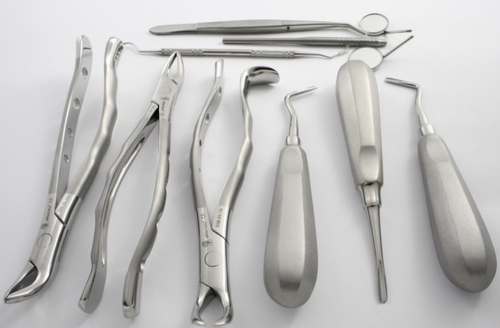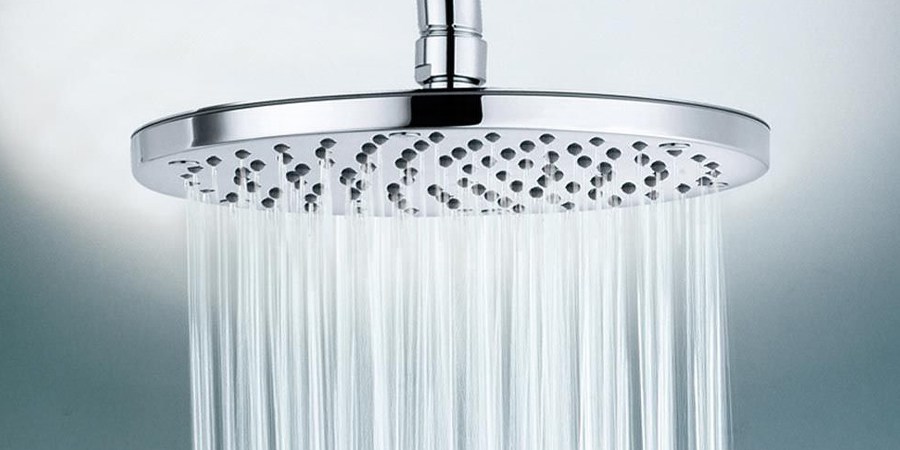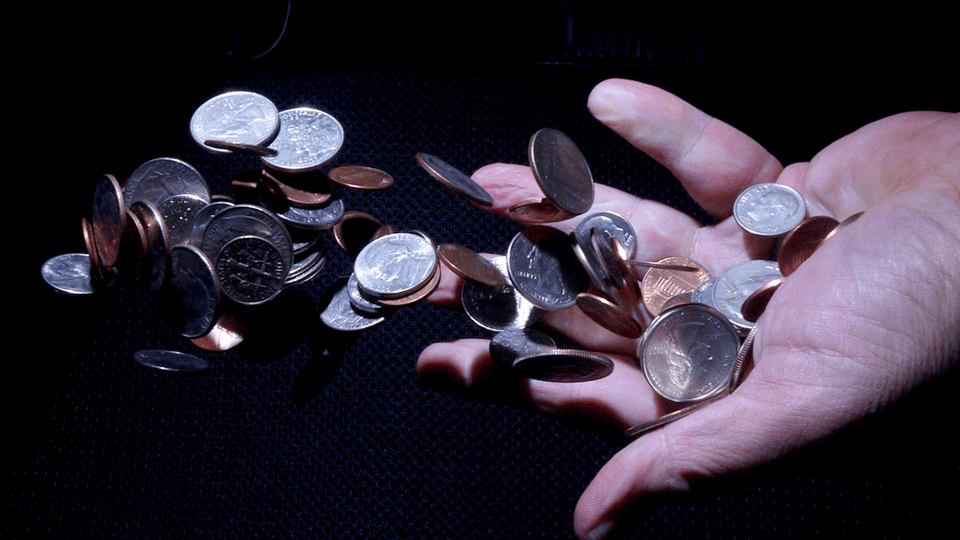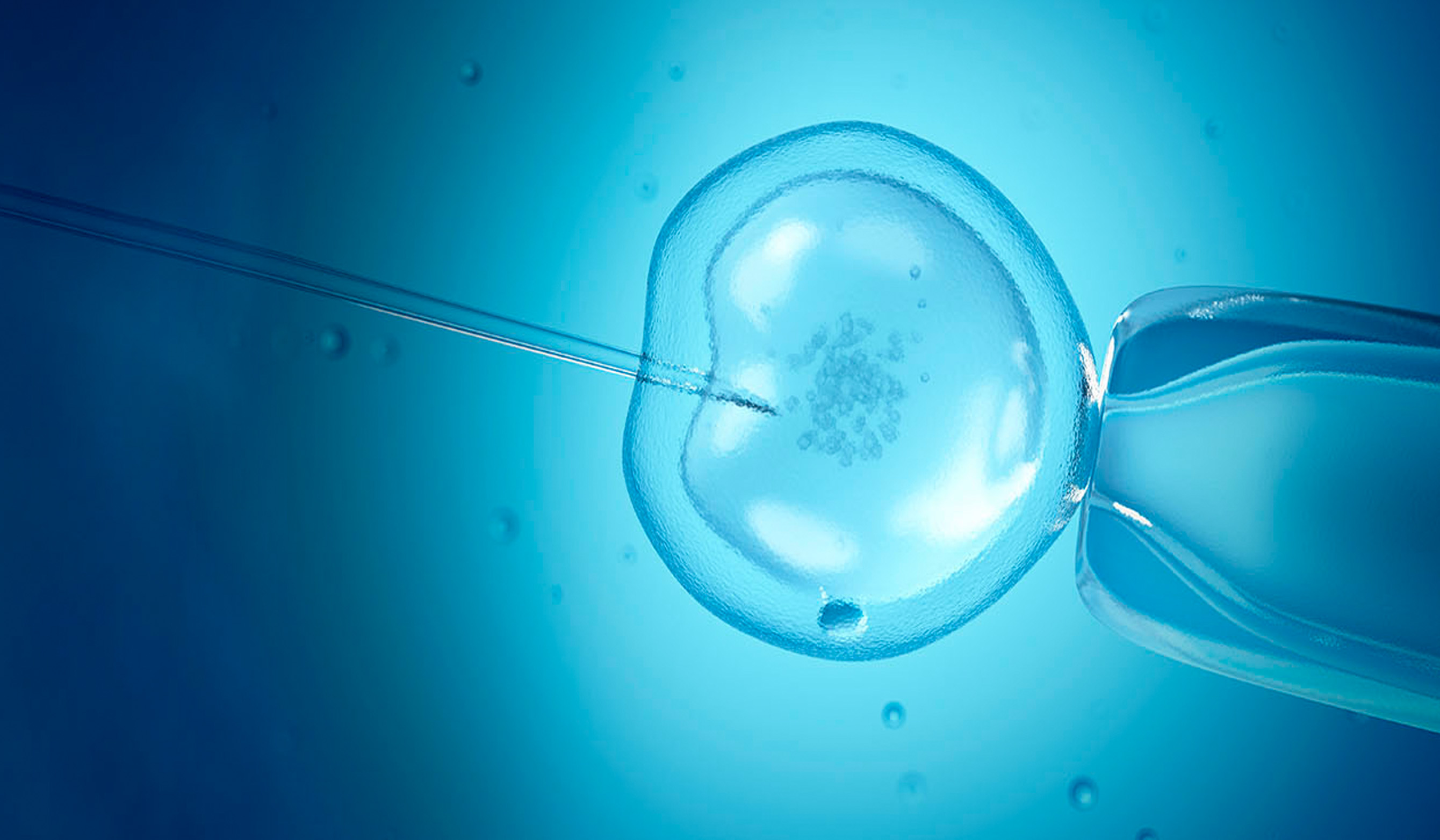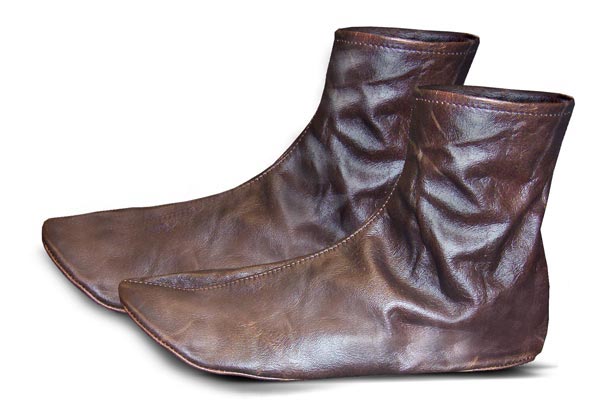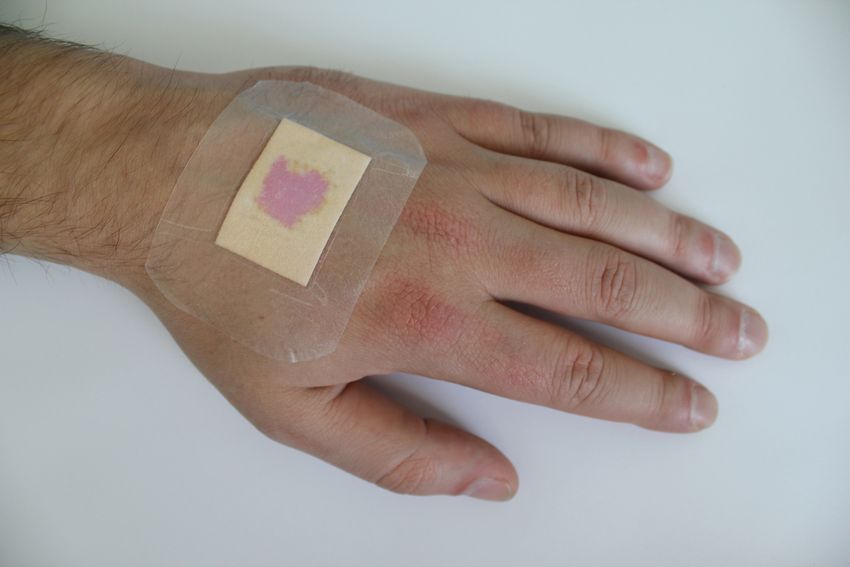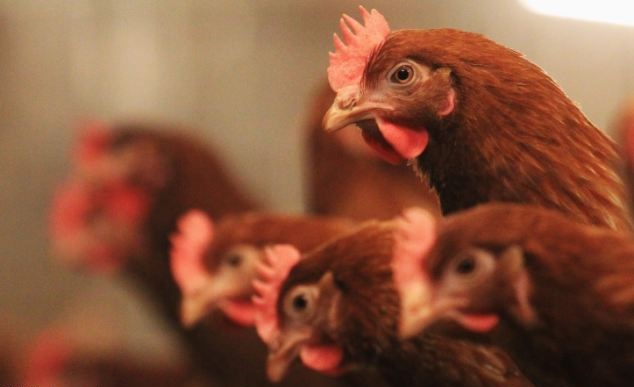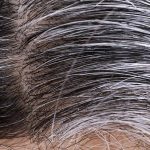QUESTION:
What is the verdict of the Learned Scholars of the Dīn and the Muftīs (Learned Scholars of Shariah) regarding the following mas’alah (legal case): In our country England, lots of cities use recycled water i.e. water from the gutters and the pipes is cleaned and returned through water-pipes back to homes. Are Wudū (ablution) and Ghusl (purificatory bath) with such water valid?
Questioner: Ameer Attari from Derby
ANSWER:
بسم اللہ الرحمن الرحیم
الجواب بعون الملک الوھاب اللھم ھدایۃ الحق والصواب
According to our research, the recycled water supplied to homes in England is Tāhir (pure) and Mutahhir (purifying). Wudū (ablution) and Ghusl (purificatory bath) performed with this water will be valid, this is because I have researched and seen the water recycling system here. Initially dirty/impure water is collected from the cities, then at water treatment plants the water is cleaned using many different chemicals. This cleaned water is then sent directly to fields [agricultural land], factories and rivers and the like. Homes however are indirectly supplied i.e. before supplying it to homes, this water is pumped into rivers, seas, or the ground. Water is then extracted from rivers or ground wells, filtered and supplied to homes just as it is clear from this diagram:
This happens in America [the details in the above diagram], also here in England water is recycled in this manner. The recycling system of one of London’s water companies can be understood from the following diagram:
In this system, water is also cleaned and pumped into the river. This is the same process and system used by the water company supplying water to the city from which the original question has come from (Derby). Now we will take a look at its detailed ruling.
When impure (najis) water is collected from gutters and cleaned at water treatment plants, it remains impure (najis). However when it is subsequently pumped into rivers or the sea for the supply of households, it has become a large amount of water (mā’ kathīr) and by mixing with flowing water it too becomes flowing water (mā’ jārī). Flowing water or a large body of water does not become impure when impurity mixes with it, unless the effect of the impurity i.e. its colour, smell or taste becomes evident. In regards to a huge amount of water, the Holy Prophet Muhammad ﷺ has stated,
إِنَّ الْمَاءَ طَاهِرٌ إِلَّا إِنْ تَغَيَّرَ رِيْحُهُ أَوْطَعْمُهُ أَوْ لَوْنُهُ بِنَجَاسَةٍ تَحْدُثُ فِيْهِ
“A large amount of water is pure except if it’s smell, taste or colour changes due to an impurity occurring in it.”
[As Sunan Al Kabeer vol. 1, page 33 Hadith no: 1273]
It is stated in al-Durr al-Mukhtār:
وَيَجُوْزُ(بِجَارِوَقَعَتْ فِيْهِ نَجَاسَةٌ وَ) جَارِىْ (هُوَ مَا يُعَدُّ جَارِيًا) عُرْفًا (إِنْ لَمْ يُرَ) أَىْ يَعْلَمُ (أَثْرُهُ) فَلَوْ فِيْهِ جِيْفَةٍ أَوْ بَالَ رِجَالٌ
“It is permissible to perform Wudū (ablution) with flowing water even if impurity has fallen into it. The water will not become impure until the impurity changes the colour, smell or taste of the water, even if there is a dead animal in the water or many people have urinated in it.”
[al-Durr al-Mukhtār and Radd al-Muhtār, vol 1, pg 370]
Recycled water is like normal clear water and the colour, taste or smell of the river is not affected by it. Secondly, if the recycled water has the colour, smell or taste of impurity, even then, due to the fact that it is a small quantity of water (mā’ qalīl), the river’s water will not be effected. The principle is that if impurity changes the qualities of flowing water i.e. the water’s colour, taste or smell, then the flowing water would become impure. Such impure water will become pure when so much pure water mixes with it that it causes the impurity to be carried away or causes its taste, colour and smell to become like normal water.
Just as it has been mentioned in Bahār-e-Sharī’at that flowing water, wherein if a blade of grass is placed it should carry it away, is pure and purifying. If any impurity falls into it, it will not cause it to become impure, as long as that impurity does not cause its colour, taste or smell to change. If some impurity causes its colour, taste or smell to change, then it is regarded as being impure. This will now only be regarded as pure water after the impurity settles and the original qualities of the water reappear, or if such an amount of water is added into it, which carries the impurity away (i.e. it flows away), or if the colour, taste and smell of the water normalises. If something which is regarded as pure caused the colour, taste or smell of flowing water to change, then Wudū and Ghusl with this water is still permissible, as long as the water does not become changed to another substance.
[Bahāre Sharī’at, vol 1, part 2, pg 330]
It has become established then, that in such a recycling system wherein water after being cleaned is supplied to homes after having been pumped into the sea, rivers, lakes or underground, such water is pure and purifying.
واللہ تعالی اعلم ورسولہ اعلم صلی اللہ علیہ وآلہ وسلم
کتبہ ابو الحسن محمد قاسم ضیاء قادری
Answered by Mufti Qasim Zia al-Qadri
Translated by Mohamed Raza Qadri
Read the original Urdu answer here – [Q-ID0276] Is the recycled tap-water in England suitable for Wudu and Ghusl?
Also see:
[Q-ID0224] Are hair-styles of today allowed in Islam?
[Q-ID0228] What is the Islamic ruling on taking out a Life Insurance policy in the UK?
[Q-ID0247] Can a woman work in a place where non-Mahram men are present?
[Q-ID0260] Is it permissible to take out a mortgage in England?
